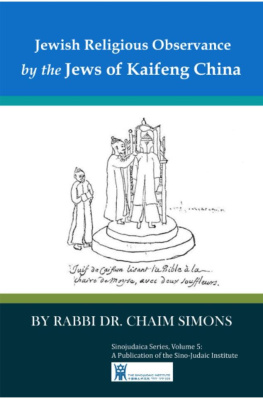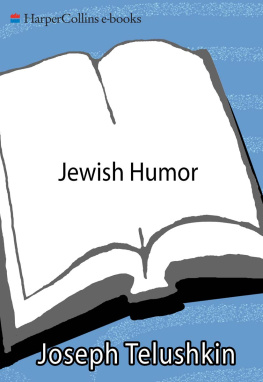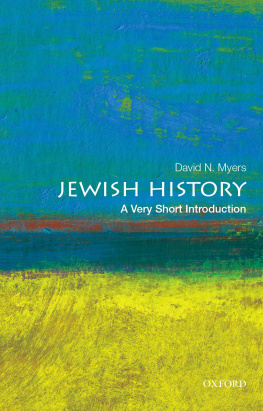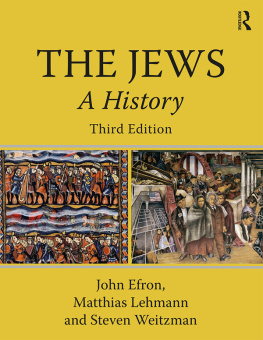Noah J. Efron - A Chosen Calling: Jews in Science in the Twentieth Century
Here you can read online Noah J. Efron - A Chosen Calling: Jews in Science in the Twentieth Century full text of the book (entire story) in english for free. Download pdf and epub, get meaning, cover and reviews about this ebook. year: 2014, publisher: Johns Hopkins University Press, genre: Religion. Description of the work, (preface) as well as reviews are available. Best literature library LitArk.com created for fans of good reading and offers a wide selection of genres:
Romance novel
Science fiction
Adventure
Detective
Science
History
Home and family
Prose
Art
Politics
Computer
Non-fiction
Religion
Business
Children
Humor
Choose a favorite category and find really read worthwhile books. Enjoy immersion in the world of imagination, feel the emotions of the characters or learn something new for yourself, make an fascinating discovery.

- Book:A Chosen Calling: Jews in Science in the Twentieth Century
- Author:
- Publisher:Johns Hopkins University Press
- Genre:
- Year:2014
- Rating:5 / 5
- Favourites:Add to favourites
- Your mark:
A Chosen Calling: Jews in Science in the Twentieth Century: summary, description and annotation
We offer to read an annotation, description, summary or preface (depends on what the author of the book "A Chosen Calling: Jews in Science in the Twentieth Century" wrote himself). If you haven't found the necessary information about the book — write in the comments, we will try to find it.
Scholars have struggled for decades to explain why Jews have succeeded extravagantly in modern science. A variety of controversial theoriesfrom such intellects as C. P. Snow, Norbert Wiener, and Nathaniel Weylhave been promoted. Snow hypothesized an evolved genetic predisposition to scientific success. Wiener suggested that the breeding habits of Jews sustained hereditary qualities conducive for learning. Economist and eugenicist Weyl attributed Jewish intellectual eminence to seventeen centuries of breeding for scholars.
Rejecting the idea that Jews have done well in science because of uniquely Jewish traits, Jewish brains, and Jewish habits of mind, historian of science Noah J. Efron approaches the Jewish affinity for science through the geographic and cultural circumstances of Jews who were compelled to settle in new worlds in the early twentieth century.
Seeking relief from religious persecution, millions of Jews resettled in the United States, Palestine, and the Soviet Union, with large concentrations of settlers in New York, Tel Aviv, and Moscow. Science played a large role in the lives and livelihoods of these immigrants: it was a universal force that transcended the arbitrary Old World orders that had long ensured the exclusion of all but a few Jews from the seats of power, wealth, and public esteem. Although the three destinations were far apart geographically, the links among the communities were enduring and spirited. This shared experienceof facing the future in new worlds, both physical and conceptualprovided a generation of Jews with opportunities unlike any their parents and grandparents had known.
The tumultuous recent century of Jewish history, which saw both a methodical campaign to blot out Europes Jews and the inexorable absorption of Western Jews into the societies in which they now live, is illuminated by the place of honor science held in Jewish imaginations. Science was central to their dreams of creating new worldswelcoming worldsfor a persecuted people.
This provocative work will appeal to historians of science as well as scholars of religion, Jewish studies, and Zionism.
Noah J. Efron: author's other books
Who wrote A Chosen Calling: Jews in Science in the Twentieth Century? Find out the surname, the name of the author of the book and a list of all author's works by series.








